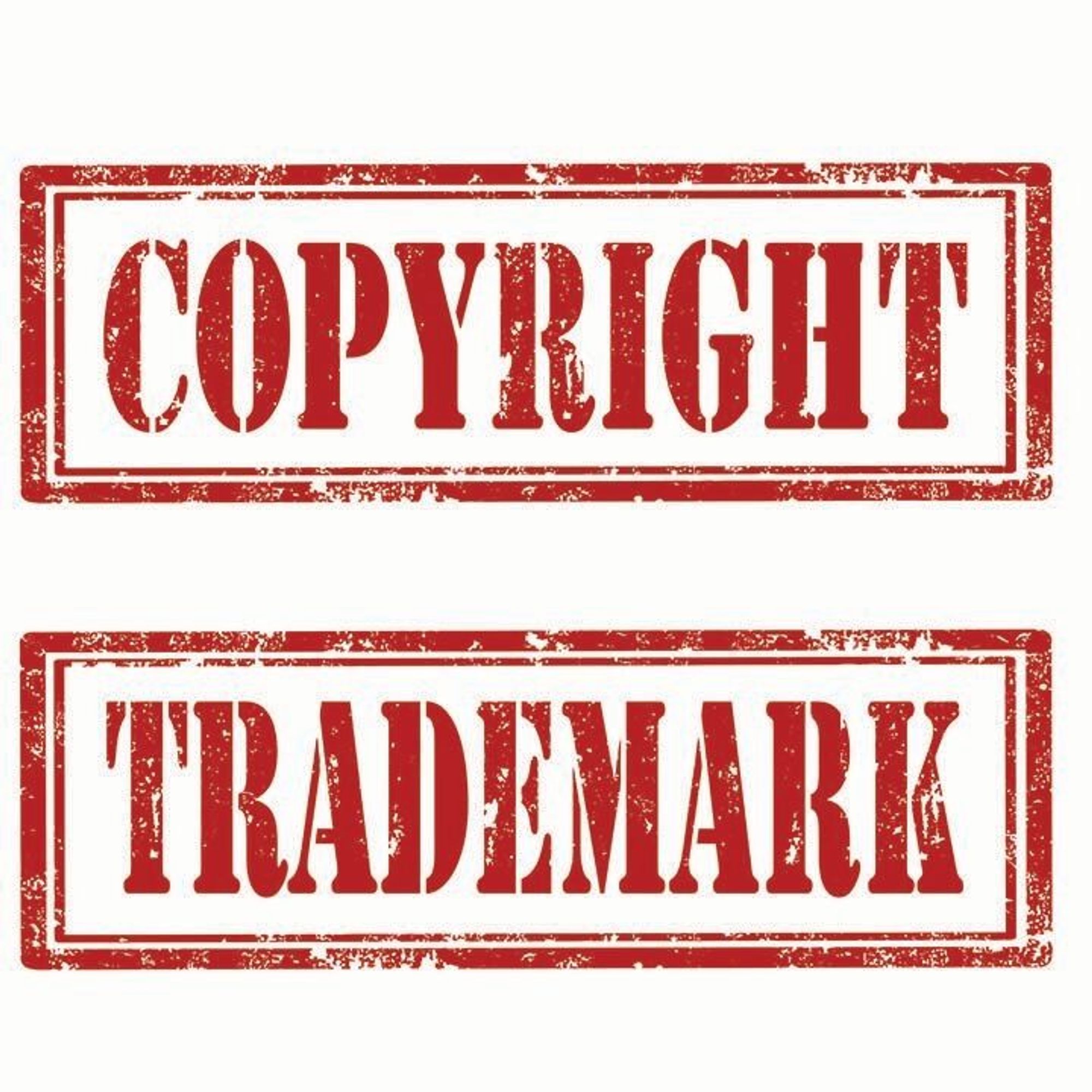Trademarking vs Copyrighting: Protecting Your Intellectual Property
December 18th, 2022

What is Trademarking?
Trademarking is the process of registering a word, phrase, symbol, or design that identifies and distinguishes your goods or services from those of others. A trademark can be a brand name, logo, tagline, or other unique element that helps to define your business and set it apart from competitors. Trademarks are typically registered with the U.S. Patent and Trademark Office (USPTO) and are protected under federal law. Trademarks can be renewed indefinitely as long as they are being used in commerce and are eligible for registration if they are distinctive and not too similar to any existing trademarks.
What is Copyrighting?
Copyrighting is the process of protecting original works of authorship, such as literature, music, artwork, and software. A copyright gives the creator of the work exclusive rights to reproduce, distribute, and sell the work, as well as the right to create derivative works based on the original. Copyrights are registered with the U.S. Copyright Office and are protected under both federal and state law. Copyrights generally last for the life of the creator plus a certain number of years after their death. Copyrights are granted automatically to original works of authorship as soon as they are fixed in a tangible form.
Key Differences Between Trademarking and Copyrighting
While trademarking and copyrighting both involve protecting intellectual property, there are several key differences between the two:
- Trademarks are used to identify and distinguish goods or services, while copyrights protect original works of authorship.
- Trademarks are registered with the USPTO, while copyrights are registered with the U.S. Copyright Office.
- Trademarks are protected under federal law, while copyrights are protected under both federal and state law.
- Trademarks can be renewed indefinitely, while copyrights generally last for the life of the creator plus a certain number of years after their death.
- Trademarks are eligible for registration if they are distinctive and not too similar to any existing trademarks, while copyrights are granted automatically to original works of authorship as soon as they are fixed in a tangible form.
When to Use Trademarking vs. Copyrighting
So, when should you use trademarking vs. copyrighting to protect your intellectual property? Here are a few guidelines to help you decide:
- If you have a name or business name that you want to protect, you should trademark it rather than copyright it. Trademarks are used to identify and distinguish goods or services, so they are the appropriate choice for protecting your business identity.
- If you have created an original work of authorship, such as a book, song, or piece of artwork, you should copyright it rather than trademark it. Copyrights protect original works of authorship and give you exclusive rights to reproduce, distribute, and sell the work.
- If you have both a name or business name and an original work of authorship that you want to protect, you may need to use both trademarking and copyrighting. For example, if you have a brand name for your business and you have also created a logo or tagline that you want to protect, you will need to trademark the brand name and copyright the logo or tagline.
Protecting Your Intellectual Property
No matter what type of intellectual property you have, it's important to take steps to protect it. Registering a trademark or copyright is just one way to do this, but there are other things you can do as well. For example, you can use contracts and licensing agreements to control how your intellectual property is used and shared. You can also use confidentiality agreements to protect sensitive information and trade secrets.
If you're looking for help with trademarking your intellectual property, consider using a service like Trademark Genius. Our team of experienced attorneys and streamlined online process make it easy to navigate the trademark registration process and get the protection you need. Contact us today to learn more about how we can help you protect your business and your brand.
In conclusion, understanding the differences between trademarking and copyrighting is an important step in protecting your intellectual property. By choosing the right type of protection for your specific needs, you can help to ensure that your creative works and business assets are secure and can help you to succeed in today's competitive marketplace.
Start My Trademark Registration Now

